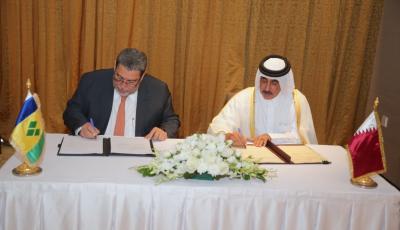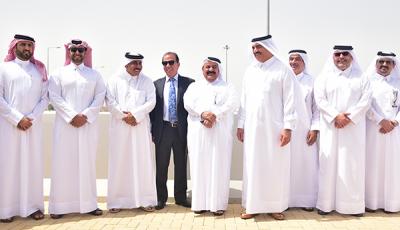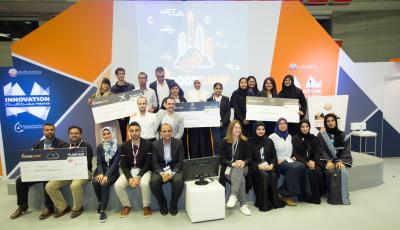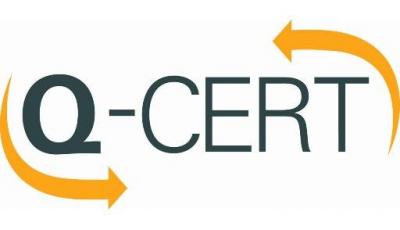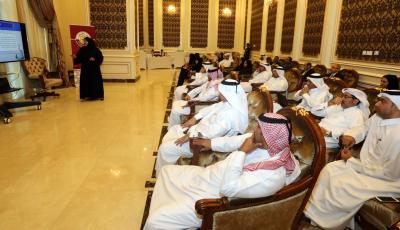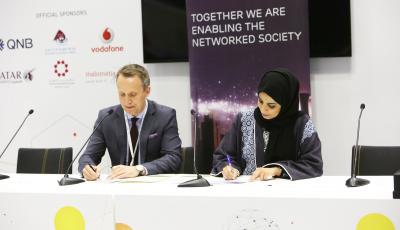Tuesday, March 14, 2017
QITCOM2017’s CodeCamp, Innovation Theatre Competition Winners Announced
Doha – The Ministry of Transport and Communications has announced the winners of the two competitions; CodeCamp and Innovation Theater, organized at QITCOM 2017 – the fourth edition of Qatar’s information and communication technology exhibition and conference, which took place at QNCC on March 6-8, under the theme “Qatar towards a Smart Future.”The first-of-its-kind hackathon in Qatar and a brand new addition to QITCOM, the CodeCamp competition attracted more than 400 participants from within and outside of Qatar. Its finals began on March 3 and ended on the last day of the event.At CodeCamp, teams of young students and coders worked together over only 48 hours to develop creative technological solutions to a specific problem in four subject matter areas set by CodeCamp’s partners: digital transformation (Microsoft), smart travel (Qatar Airways), e-health (Ooredoo), and assistive technology (Qatar Assistive Technology Center “Mada”).36 teams competed within the four categories. Twelve teams qualified for the finals; with three teams in each category. After pitching their ideas, the judging panel selected only one winning team in each category. Those winners are “Team Naqood” for the assistive technology category, “Team Eczema” for e-health category, “Team Viable” for digital transformation category and “Team Oryx Hunter” for smart travel category.However, all the twelve teams that reached the finals will be incubated at the Ministry’s Digital Incubation Center.The four winning teams in each category received 75000 Qatari riyals in financial support to help them nurture their technological solutions.Over the three days of QITCOM 2017, the Innovation Theater competition attracted a large number of participations, entrepreneurs, and visitors. Ten teams won access and incubation at the Digital Incubation Center.The Innovation Theater competition’s top five teams received 375,000 Qatari riyals in financial support: Modares, EXdensity, Game of Brands, Wahm and Media Gate.The Innovation Theater also featured the “Make the Deal” event where teams pitched their innovative startup ideas to sponsoring and supportive companies, which accepted three ideas displayed by the three teams: VUL9 Cyber Security, AirGo Airline Seats, and Hasanat.Founded in 2011, the DIC offers expertise and professional guidance in the fields of technology and business. Services include access to space, business planning, education and training, mentorship, and legal advice, among others throughout the phases of the start-up development.
